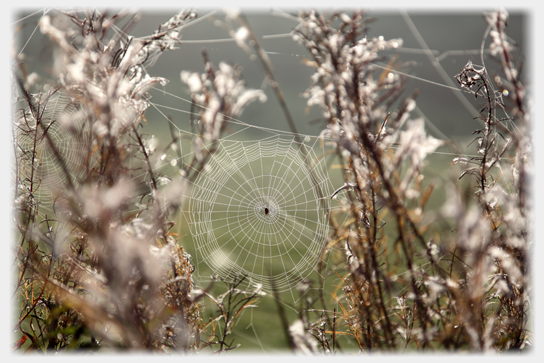
|
Vicissitudes
Two versions of the same poem by Du Fu (712-770)
I Stand Alone
(Translated by Sam Hamill)
Loneliness
(Translated by Kenneh Rexroth)
Born during the Tang dynasty, to a family of middling income and status, Du Fu (Tu Fu) is often placed among the world's leading poets. His semi-political career was lived out against a background of civil trauma, culminating in the ensuing destruction of the An Lushan Rebellion. This roller-coaster life of duty and exile probably contributed to the profound sensitivity he shows to the vicissitudes suffered by those around him. His own illnesses led to his death at 58 years.
Du Fu's use of symbols such as the gulls and the dew, alert us to the huge influence he had on the Edo Poets (1603-1868) of Japan, most notably in the Haikus of Basho and Issa.
The two translations above show something of the scope writers have when they try to find parallels in another language for the ambiguities that arise from cultural differences - let alone linguistic ones. Rexroth (sometimes called father of the beat poets) offering plain almost mundane English, Hamill touching the more etherial.
Other pages relate to: images and meaning in Chinese art and calligraphy; meaning in thought and language; and the place of beauty in art.
References
- Hamill, Sam & Seaton, J.P. (2007) 'The Poetry of Zen' Shambhala, Boston & London. (p. 51)
- Rexroth, Kenneth (1971) 'On Hundred Poems from the Chinese' New Directions/Penguin, New York. (p. 27)
21st June 2013 ~ 23rd July 2015